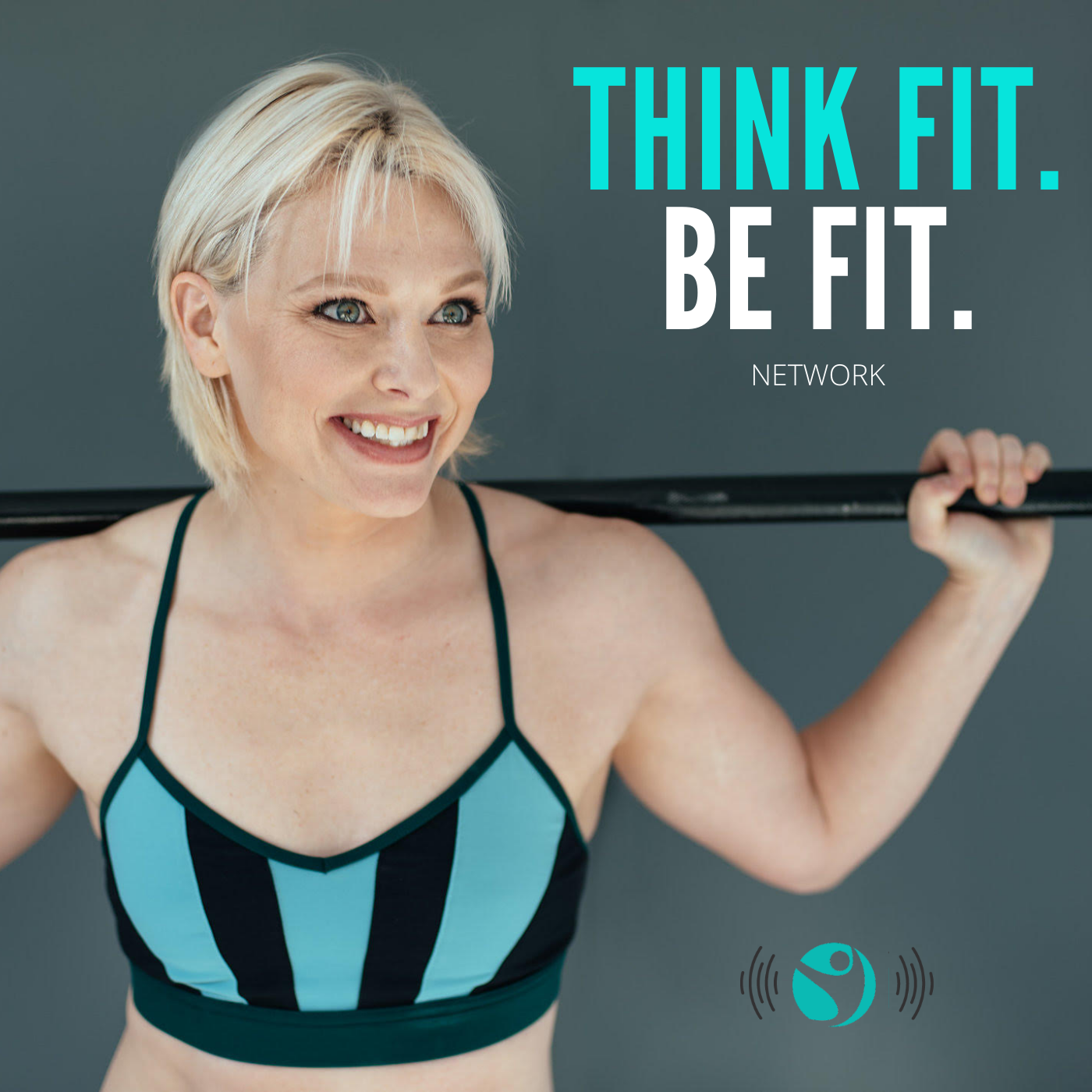Fitness For Consumption ep 29 : One and Done
Description
The trouble with movement screens and the skill-based solution of the Athletic Movement Assessment If you exercise, you’ve probably done some type of assessment, whether it’s blood pressure, a functional movement screen, or a bootcamp instructor screaming in your ear while you attempt to hang on to a treadmill going 12 mph at a 10% incline.
What made that screen meaningful? How was that information used to help you achieve your goals? Did it predict injuries? Did it predict skill? Did it result in practical and effective solutions? Do screens employ a one-size-fits-all approach, or do they give practitioners and individuals specialized tools to solve specific problems? Do they reveal issues that don’t actually exist? More importantly, if we assess only ONCE, and not repeatedly, does that assessment have any meaningful impact on our long-term prospects?
In this episode, entitled One And Done, we join Dr. Patrick Welsh, Co-Founder and Director of Athletic Movement Assessment, in a discussion on the background and limitations of clinical and gym-based movement screens. Dr. Welsh presents a new, skill-based, iterative approach, designed to empower practitioners and clients with tools that truly uncover the roots of function, leading to more intuitive and productive solutions.
For more information about Athletic Movement Assessment, visit their website at http://www.athleticmovementassessment.com/ (www.athleticmovementassessment.com)
In this episode we discuss:
Background and limitations of past and present assessment models
Informative vs predictive assessments
The roles of the practitioner and client in regards to recovery and performance
Guidelines for decision making vs binary conclusions after assessments
The need for re-assessment
Glossary:
Assessment - The estimation or evaluation of the nature, quality or ability of someone or something
Dynamic Knee Valgus - A measurement of frontal plane motion of the knee where the femur and shank move medially causing lateral compression and medial distraction
Palliative Maneuvers - An intervention designed with the intent to improve movement quality
Sensori-Motor Model - A paradigm of information input, decision-making, and motor output, that characterizes how and why movements emerge in response to task constraints
You might also like:
Season 1, Episode 1 - Why We Move
https://www.thinkfitbefitpodcast.com/why-we-move/
Season 2, Episode 6 - The Goldilocks Zone
https://www.thinkfitbefitpodcast.com/the-goldilocks-zone/
Season 3, Episode 3 - Go With The Flow
https://www.thinkfitbefitpodcast.com/in-the-flow/
Follow the guests on Instagram: https://www.instagram.com/athleticmovementassessment/
Follow our hosts on Instagram:
https://www.instagram.com/fitnessforconsumption/
Follow the podcast network:https://www.instagram.com/thinkfitbefit_podcast/
Fitness For Consumptions episodes can be found at: https://www.thinkfitbefitpodcast.com/tag/f4c/
More Episodes
This week on the Think Fit Be Fit podcast, Jenn and Angela discuss Bioenergetics and wellness potential with a special guest, Dan Dixon.
Dan Dixon, the Senior Vice President of NeuX Technologies, brings a unique perspective to the podcast with his passion for health and wellness. As a former...
Published 08/05/24
Published 08/05/24
This week on the Think Fit Be Fit podcast, Jenn speaks with Dr. Julia Wray, a leading chiropractor known for her work with the Activator Method and her extensive knowledge in micronutrient testing and functional medicine. Dr. Wray discusses the diagnostic benefits of the activator method in...
Published 07/29/24


